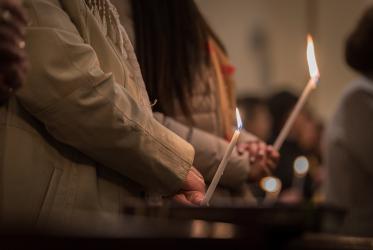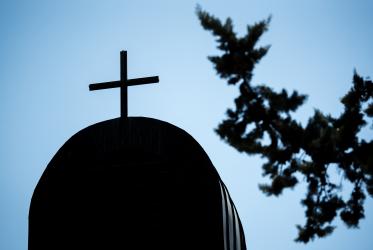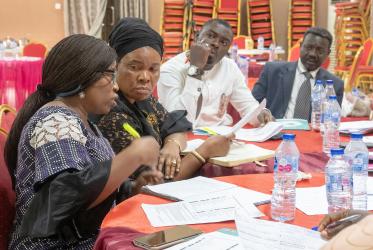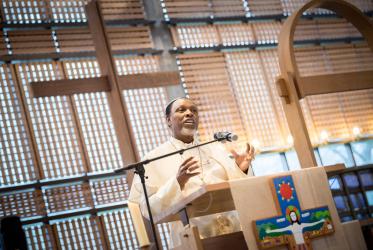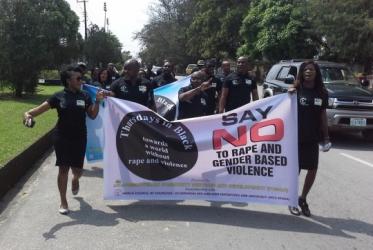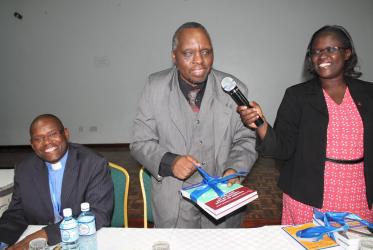Displaying 21 - 40 of 59
22 October 2020
Young Africans are eager to grapple with challenges
09 January 2020
Regional forum in Nigeria centers on banning nuclear weapons
04 September 2019
In Nigeria, Thursdays in Black is flourishing
26 March 2018
Walking together against hatred and violence
26 February 2018
In Nigeria, WCC workshops focus on human rights
04 December 2017
WCC general secretary mourns lost lives, calls for end to violence
11 December 2016
New theological materials offer fresh perspective on disabilities
08 December 2016
New Executive Committee members elected in Trondheim
28 June 2016
